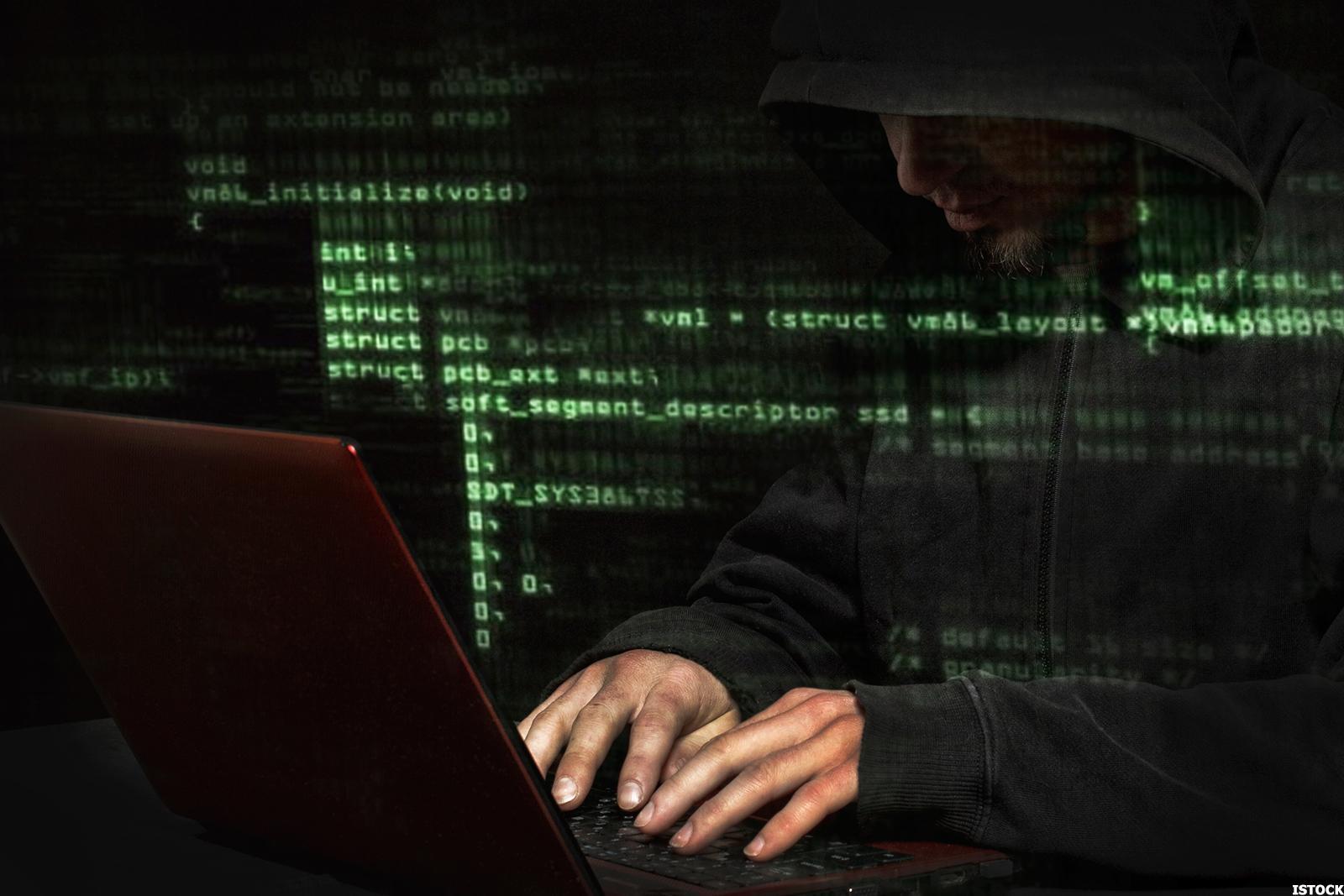Hundreds of thousands of Virgin Media customers advised over hacking risk
Which? investigated whether hackers can access home networks and connected appliances

Your support helps us to tell the story
From reproductive rights to climate change to Big Tech, The Independent is on the ground when the story is developing. Whether it's investigating the financials of Elon Musk's pro-Trump PAC or producing our latest documentary, 'The A Word', which shines a light on the American women fighting for reproductive rights, we know how important it is to parse out the facts from the messaging.
At such a critical moment in US history, we need reporters on the ground. Your donation allows us to keep sending journalists to speak to both sides of the story.
The Independent is trusted by Americans across the entire political spectrum. And unlike many other quality news outlets, we choose not to lock Americans out of our reporting and analysis with paywalls. We believe quality journalism should be available to everyone, paid for by those who can afford it.
Your support makes all the difference.Virgin Media is advising more than 800,000 customers with a specific router to change their password immediately after an investigation found hackers could gain access to it.
The company said the risk to customers with a Super Hub 2 router was "small" but advised them to change both their network and router passwords if they were still set as the default shown on the attached sticker.
The advice followed a Which? snapshot investigation which found that hackers could access home networks and connected appliances in as little as four days.
Ethical security researchers SureCloud gained access to the Super Hub 2, although Virgin Media said the issue existed with other routers of the same age, not just their model.
A Virgin Media spokesman said: "The security of our network and of our customers is of paramount importance to us.
"We continually upgrade our systems and equipment to ensure that we meet all current industry standards.
"To the extent that technology allows this to be done, we regularly support our customers through advice and updates and offer them the chance to upgrade to a Hub 3.0 which contains additional security provisions."
The Which? study tested whether popular smart gadgets and appliances, including wireless cameras, a smart padlock and a children's Bluetooth toy, could stand up to a possible hack.
Some of the devices proved harder than others to infiltrate, such as the Amazon Echo, but eight out of 15 appliances were found to have at least one security flaw.
The test found that the Fredi Megapix home CCTV camera system operated over the internet using a default administrator account without a password, and Which? found thousands of similar cameras available for anyone to watch the live feed over the internet.
The watchdog said that "worse still" a hacker could even pan and tilt the cameras to monitor activity in the house.
SureCloud hacked the CloudPets stuffed toy, which allows family and friends to send messages to a child via Bluetooth and made it play its own voice messages.
Which? said it contacted the manufacturers of eight affected products to alert them to flaws as part of the investigation, with the majority updating their software and security.
It did not receive a response from the manufacturers of either Fredi Megapix or CloudPets.
The consumer group said the industry needed to take the security of internet-enabled and smart products seriously by addressing the basics such as ensuring devices required a unique password before use, using two-factor authentication, and issuing regular security updates for software.
Alex Neill, Which? managing director of home products and services, said: "There is no denying the huge benefits that smart-home gadgets and devices bring to our daily lives.
"However, as our investigation clearly shows, consumers should be aware that some of these appliances are vulnerable and offer little or no security.
"There are a number of steps people can take to better protect their home, but hackers are growing increasingly more sophisticated.
"Manufacturers need to ensure that any smart product sold is secure by design."
Join our commenting forum
Join thought-provoking conversations, follow other Independent readers and see their replies
Comments